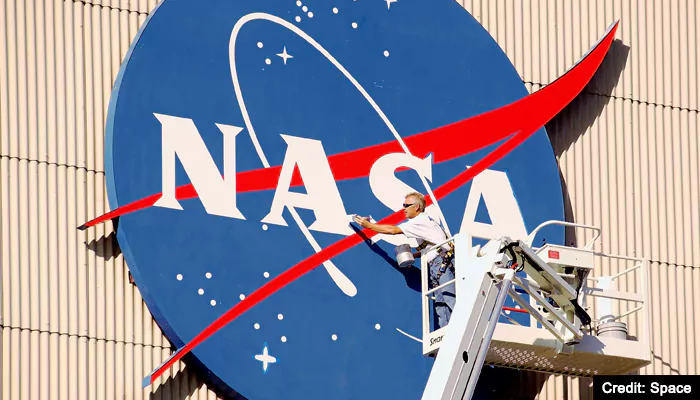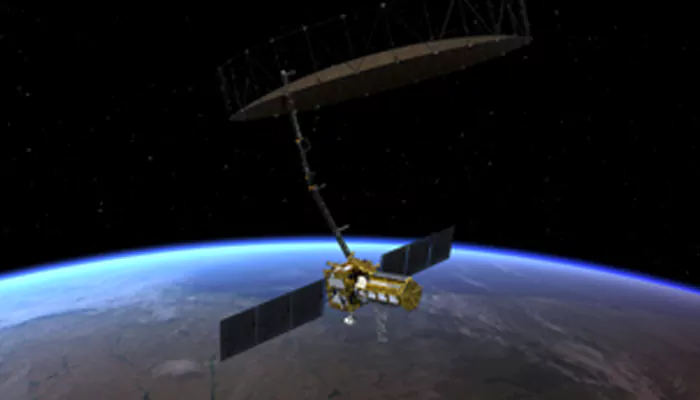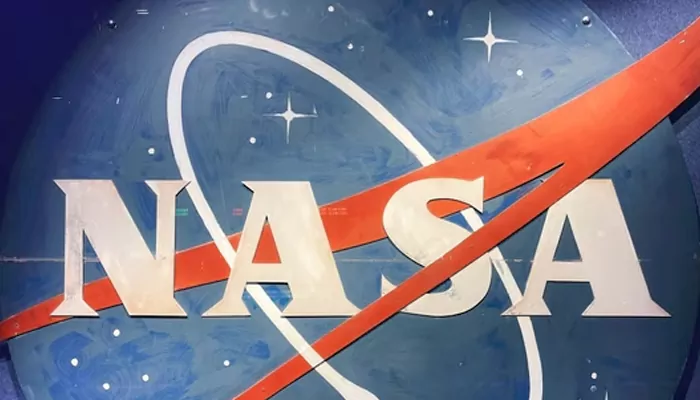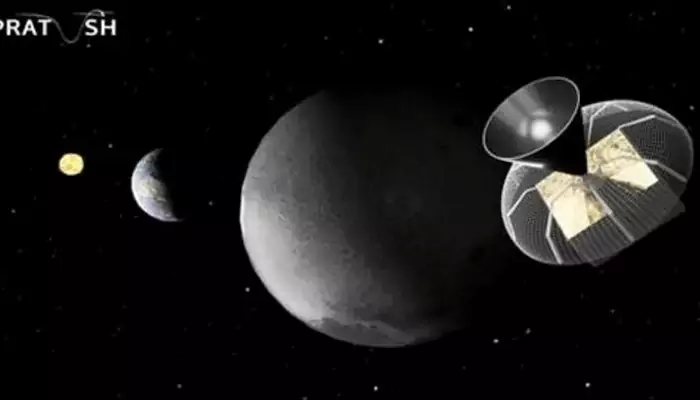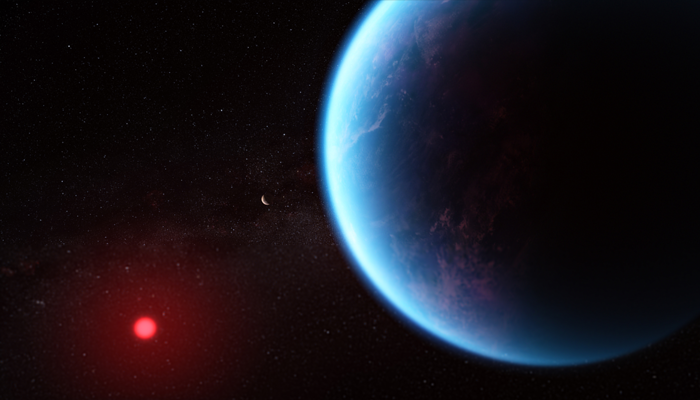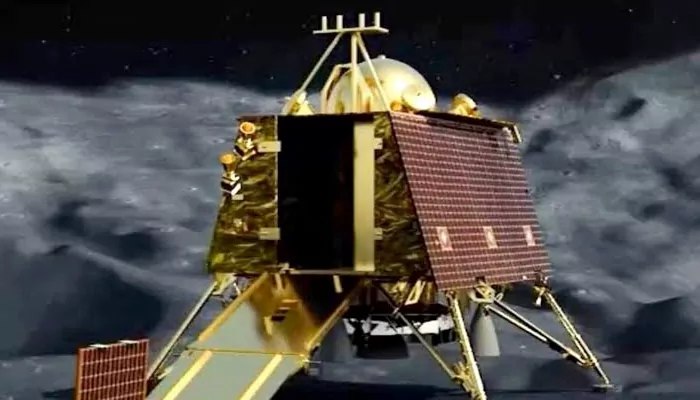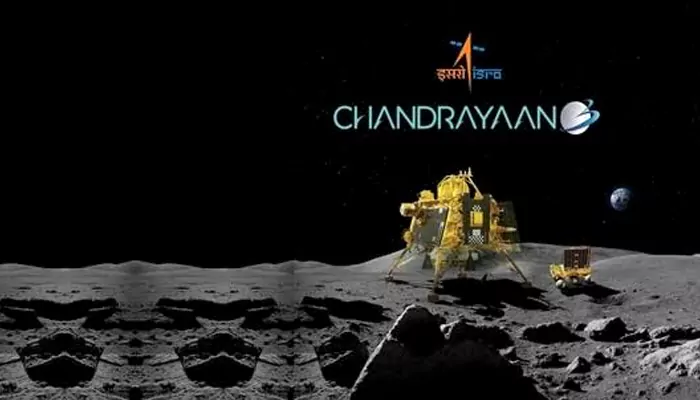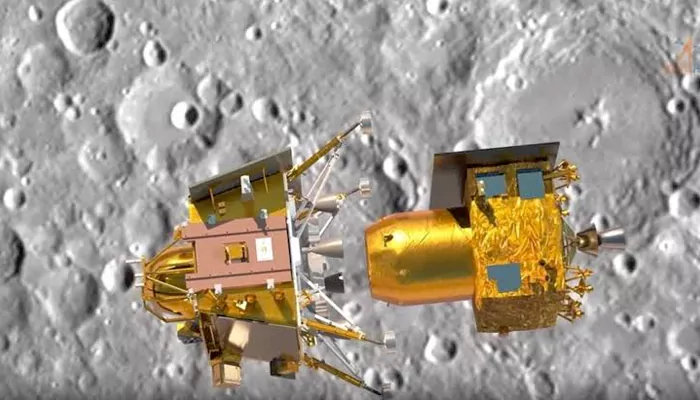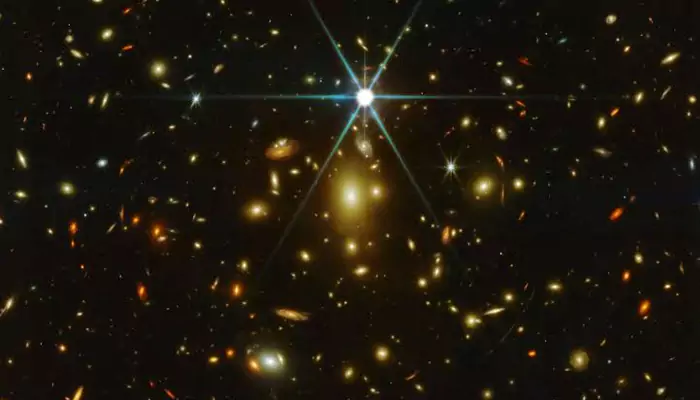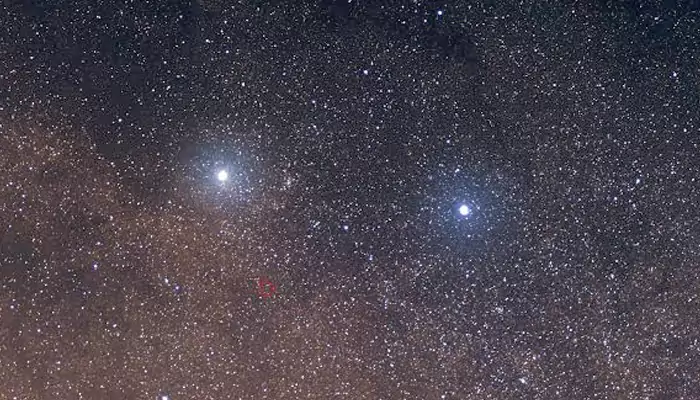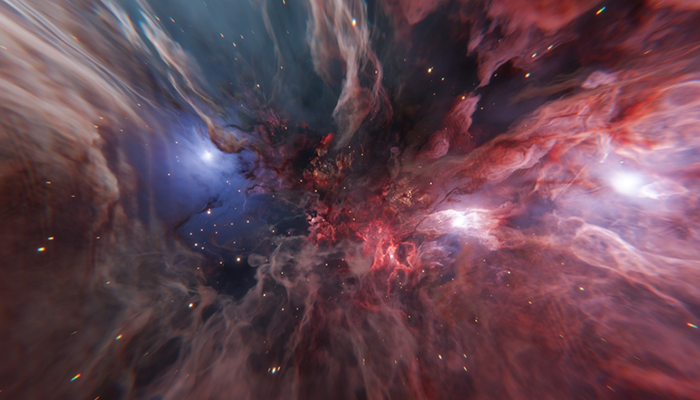
Here are today’s most important updates from the realm of Science and Space.
Space Safety Revolution: How a New Index Shields Astronauts and Satellites
Last couple of years saw an uprise of extreme weather events along with powerful solar eruptions from the Sun. Thus, global space agencies had to take pre-emptive measures to ensure safety of their satellites. Scientists have now developed a new index to offer a near real-time global perspective on geomagnetic variations, enabling the local effects of space weather events. The data from the European Space Agency’s Swarm satellite constellation has been used to develop the index that addresses the limitations of the Kp index that was established in 1939. The space weather hazard variation index is currently a proof of principle, but it has great potential. The next step will be to turn it into an operational product that Swarm and space weather scientists can use.
Jupiter’s Hidden Secrets: Rare Photo Reveals Mysterious Lumps
Credit - Insta/@nasa
In a rare first-of-its-kind image, Jupiter, the largest planet in the solar system is seen surrounded by colossal clouds of X-rays that have so far remained invisible to the eyes and even telescopes. The space lumps were captured by NASA’s Chandra X-ray Observatory and the Hubble Telescope, which teamed up for the stunning picture. NASA said that the purple space lumps surrounding the planet are massive clouds of X-rays. Some of these lumps are even larger than the planet itself. Jupiter’s auroras can also be seen as thin purple bands, particularly near the planet’s north pole. NASA's Juno mission, which has been orbiting Jupiter had recently created the first complete 3D radiation map of the Jupiter system.
Penguin Pairing Problems: Researchers Uncover Divorce Trends

Relationships can be fleeting and they may or may not last. However, this pattern or trend is not only observed in humans but in penguins that mate with the same partner for years as well. Researchers have discovered that Phillip Island’s little penguins divorce their partners after a poor breeding season. The penguins that live on the island in Australia look for a new mate if they are not satisfied by the number of offspring they produce. Studying these dynamics and understanding them is crucial to protecting the penguins and other species on Phillip Island, which houses the world’s largest colony of aquatic birds.
Scents of the Past: Belgian Scientist Tracks History Through Bone Aromas

Belgian research scientist named Clement Martin is working with the federal police to create a scent that mimics the smell of dried human bones to help sniffer dogs find long lost remains. He has already isolated the smell of decomposing human flesh and that is now used to train Belgium's cadaver dogs. Dried bones emit fewer scent molecules and their odor changes over time. It is influenced by factors like age and environmental absorption. Martin is using different samples of dried bones to develop the smell, including those of an unidentified man found in a suitcase, which are kept in a glass cylinder to allow the molecules to permeate an enclosed space ready for extraction.

